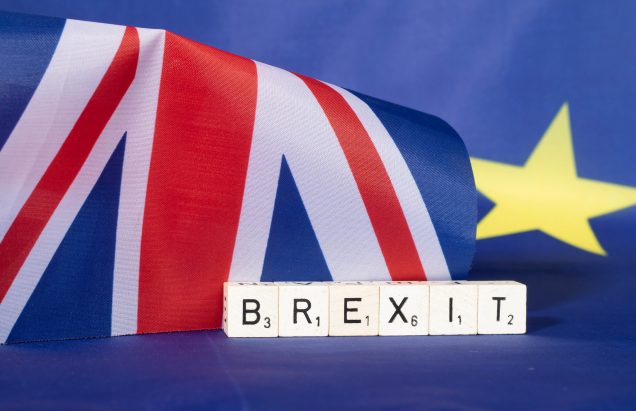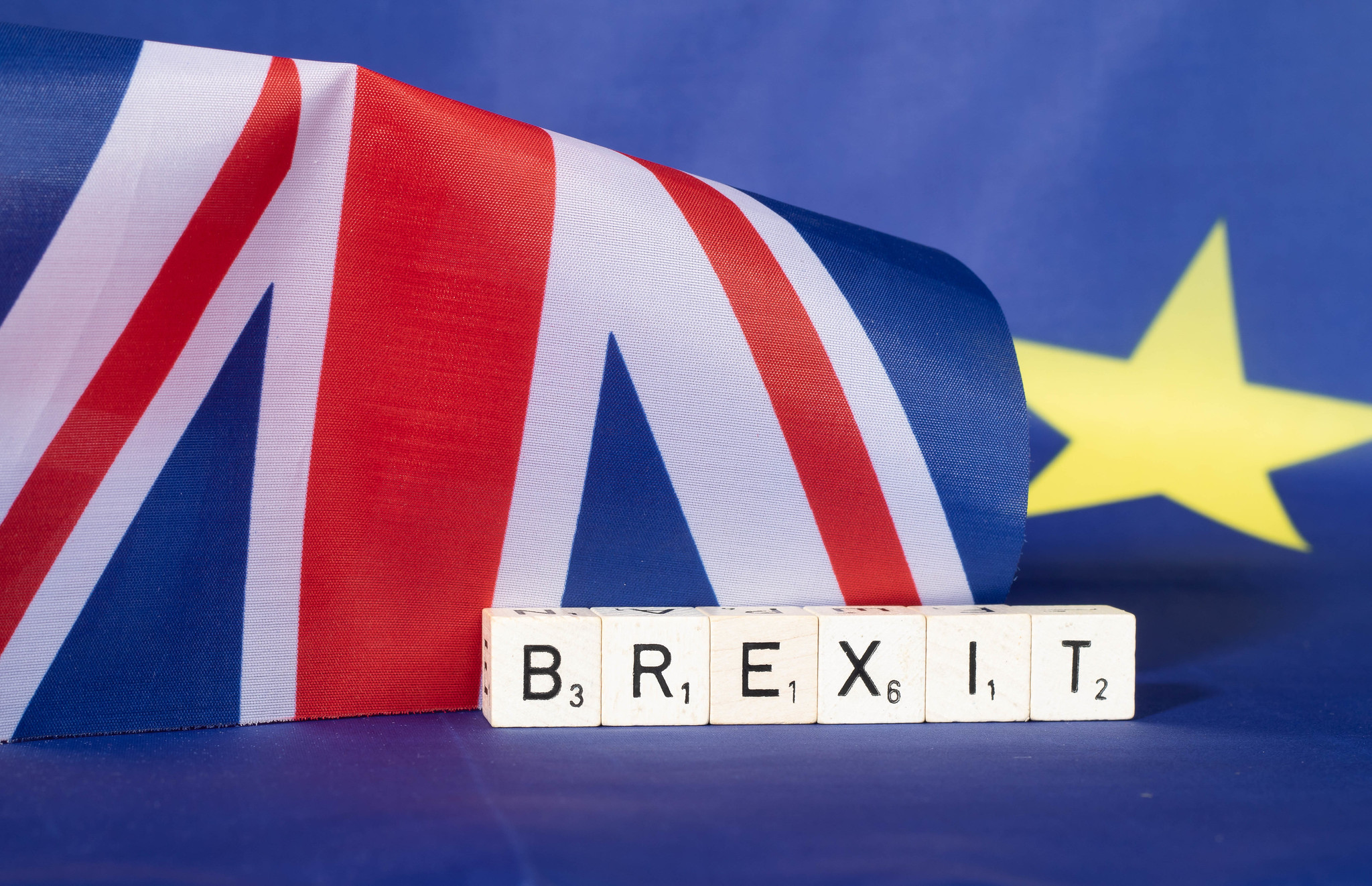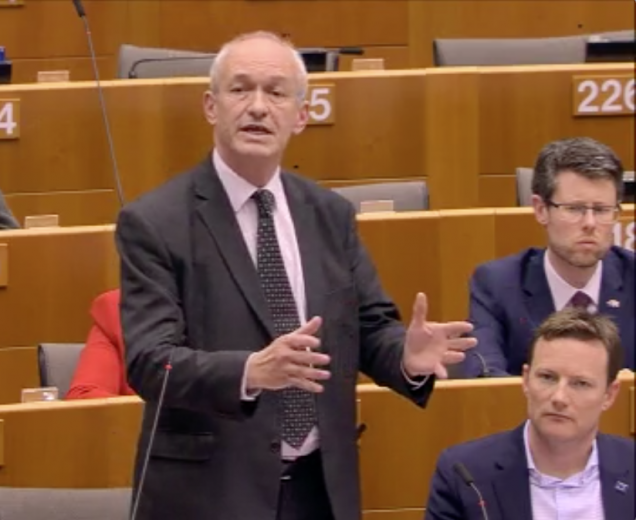Proceeding with Brexit involves difficult choices.
On the economy:
- EITHER we distance ourselves from the EU (our neighbours and main trading partners), causing huge damage to our economy, losing thousands of jobs and hurting our public finances.
- OR we stay close to the EU, especially the customs union and the single market (both of which have non-EU countries participating), but then have to follow the rules without having a say on them anymore.
Neither is good for Britain, although the second is less economically damaging.
On security:
- EITHER we leave the joint police databases, the shared criminal records, the common efforts to find and catch cross-border gangs, traffickers and terrorists, etc.
- OR we ask the EU to let us stay in them anyway, but we’d not have a say anymore on how they’re run or the rules and safeguards that apply.
It’s the same choice again on the EU technical agencies where we currently pool resources to cut costs on things like the testing of medicines (European Medicines Agency), of chemicals (European Chemicals Agency) or of aircraft (European Air Safety Agency):
- EITHER we set up our own separate agencies, at great cost, recruiting the necessary expertise, duplicating work already done and having to get them recognised across the world.
- OR we ask if we can stay in the EU agencies anyway, but without a say anymore on how they’re run or the standards they apply.
The Johnson deal does not “Get Brexit done”. In fact, it’s simply the end of the first, easier, and less important part – the exit arrangements. Now come the negotiations on the future relationship. It means years more wrangling, arguments and division. Not to mention the tensions Brexit is creating for the UK in:
- Northern Ireland, with the creation of a customs border causing immense practical and political difficulties.
- Scotland, where proceeding with Brexit will help the SNP to argue for secession.
- Gibraltar, whose status is legally safeguarded in the EU, but weakened outside it.
On top of that, we’ve had:
- An incompetent government, which started the Brexit negotiations before having a plan on what it wanted – and is about to do the same on the trade talks.
- Bitter divisions among Brexit supporters about what Brexit means. For example, Johnson voted against May’s deal, and Farage opposed Johnson’s deal.
Johnson wants to put customs checks between GB and Northern Ireland, remove the level playing field commitments on workers’ rights, environmental and consumer protection rules, and inflict huge extra costs on businesses trading with Europe, disrupting our supply chains and our exports.
Leaving the Customs Union would not just damage trade with Europe (our main trading partners with many vital cross-border supply chains), but also damage our trade with the rest of the world:
- We would drop out of all the trade deals with countries across the planet that we had previously negotiated jointly as members of the EU, with the clout and leverage of the world’s largest market.
- We would have to replace them with new agreements, in a hurry, negotiating just as Britain, without the clout of Europe behind us.
- People are already afraid of what a trade deal with the USA would bring in terms of having to accept US food products with lower standards than ours, including chlorinated chicken etc, or conceding privileged access to the NHS for American pharmaceutical and health companies.
The British government repeats again and again that Brexit means we’ll “take back control” of our borders, our laws and our money In fact we’ll have less control of all three:
- Borders: we’ll drop out of the EU’s cross-border policing arrangements and shared data on criminals that help us police our borders.
- Laws: as a sovereign country, we already adopt our own laws, it’s just that we choose to adopt some laws jointly with our neighbours when we think that’s useful, mostly the common rules for the common market. This comes to about one-tenth of our laws. Leaving the EU means we’ll have no say on those common European laws, many of which will affect us anyway. We become a rule-taker, not a rule-maker.
- Money: 98% of public spending is national. The 2% of public spending that we do jointly at EU level is often on items where doing things jointly saves money by avoiding duplication, such as on research programmes. In any case, the magnitude of this is far smaller than the costs of Brexit to our economy and our exchequer.
One issue is what will happen to our right to freedom of movement within the EU. Brexiters often play the “immigration” card, claiming we can’t control migration to Britain if we keep the EU rules on freedom of movement. In fact:
- Most migration to Britain comes from outside the EU, entirely under our own national rules, so we can be as liberal or as restrictive as we want.
- The EU’s internal freedom of movement is a reciprocal right with nearly two million Brits in other EU countries who now risk losing their rights and protections if we drop out of the freedom of movement legislation. If large numbers return to Britain, especially among those who have retired abroad, it will mean more pressure on social care and the NHS.
- EU freedom of movement is subject to conditions such as finding work within a short period, or not being a burden on the exchequer. Britain chose not to fully enforce these conditions, but could if it wanted to, within EU rules.
- EU citizens in the UK pay one-third more to Britain in taxes than they take out in services or as benefits. If many leave, it will COST us money.
- Until we train enough nurses and doctors, we need EU citizens desperately in our NHS.
In short, the lies told by Johnson and the Leave campaign are about to come home to roost:
- They said Brexit would be easy – it’s throwing up all kinds of problems they never told us about.
- They said it would save loads of money (which would all go to the NHS) –it’s costing a fortune.
- They said it would be good for the economy – the opposite is true.






7 Comments